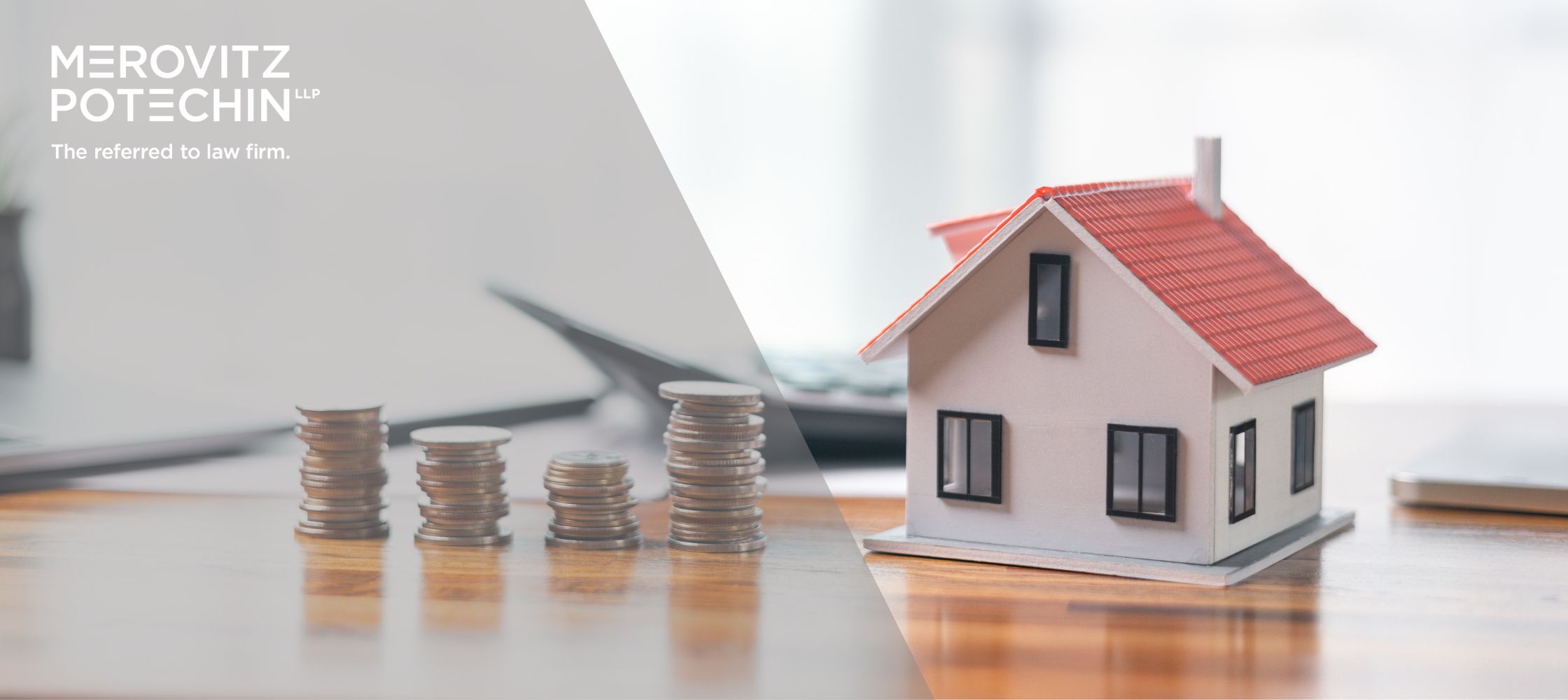Categories
Understanding HST Liability on Short-Term Rental Property Sales: 1351231 Canada Inc. vs. His Majesty the King

In February of 2008, brothers David and Dean bought a condo unit in Ottawa under their corporation. They used the unit as a standard rental property for 9 years. In 2017 they jumped on the Airbnb bandwagon until selling the property in the spring of the following year. Figuring that residential rental properties are exempt from HST, neither the purchaser nor the brothers remitted payment to the CRA for the sale.
During their next assessment, the Ministry determined that the brothers owed HST and declared that they needed to pay just over $77,000.00 in unpaid taxes. But why wasn’t the condo sale exempt from HST as a residential complex? The brothers went to court to challenge the Ministry’s decision and figure out the status of the sale.
What is taxable supply?
The Excise Tax Act states that every person or company that receives a taxable supply has to pay tax at a rate of 5% on that supply. But what is supply, and what makes it taxable?
The government defines “Supply” as the provision of property or service in any way. “Taxable Supply” is any supply that is received during commercial activity. This means that being taxable is the default position, everything is potentially a taxable supply: trades, transfers, leases, rentals, and even gifts, if made during a commercial transaction.
The better question is what is an exempt supply?
Exempt supply in this case includes the sale of residential complexes made by someone who is not a builder of the complex or an addition to the complex. The act carves out a few exemptions to the exemption, including when someone changes the use of a complex after renovating it, sells it less than a year after acquiring it, or claims an input tax credit related to the complex.
What defines a residential complex?
A residential complex includes buildings or parts of buildings, including common areas, which are intended for the use and enjoyment of individuals as a place of residence. This could be a condo, apartment, townhome, duplex, or detached home. They can be rented or leased, owned or gifted, but are distinguished from hotels, motels, inns, boarding or lodging houses where the units are rented for less than 60 days at a time.
The court found that for the first 9 years, the brothers’ condo was certainly a residential complex, however, the final year was tricky to define. The brothers argued that they used the complex for short-term rentals for less than 1/10 of the time they owned it and made no significant change in its use that would trigger the application of the HST.
The court found that it wasn’t the percentage of total time that mattered, but that at the time of the change in use, the change was total. Even though the condo started as a residential complex, the court determined it no longer qualified as one, and the HST applied.
What does this mean for those who own rental property?
If you are thinking about converting a long-term rental property into an Airbnb style rental, be sure to plan for HST.
If you are thinking about buying a rental property, even if the property will be for your personal use, it is important to pay attention to the Purchase Agreement and how it addresses HST. OREA forms include a section specifically to address taxes and can give you an early warning of whether you might end up liable for the vendor’s HST if they don’t qualify for the exemption. Your Real Estate lawyer can review these documents with you to help you better understand your liability as both a purchaser and a vendor.
The comments and guidance in this article are not tax advice or legal advice. If you have questions about the legal status of your current or future income property our experienced real estate and corporate lawyers are always happy to help you learn about your property and plan for your future.
The content on this website is for information purposes only and is not legal advice, which cannot be given without knowing the facts of a specific situation. You should never disregard professional legal advice or delay in seeking legal advice because of something you have read on this website. The use of the website does not establish a solicitor and client relationship. If you would like to discuss your specific legal needs with us, please contact our office at 613-563-7544 and one of our lawyers will be happy to assist you.







